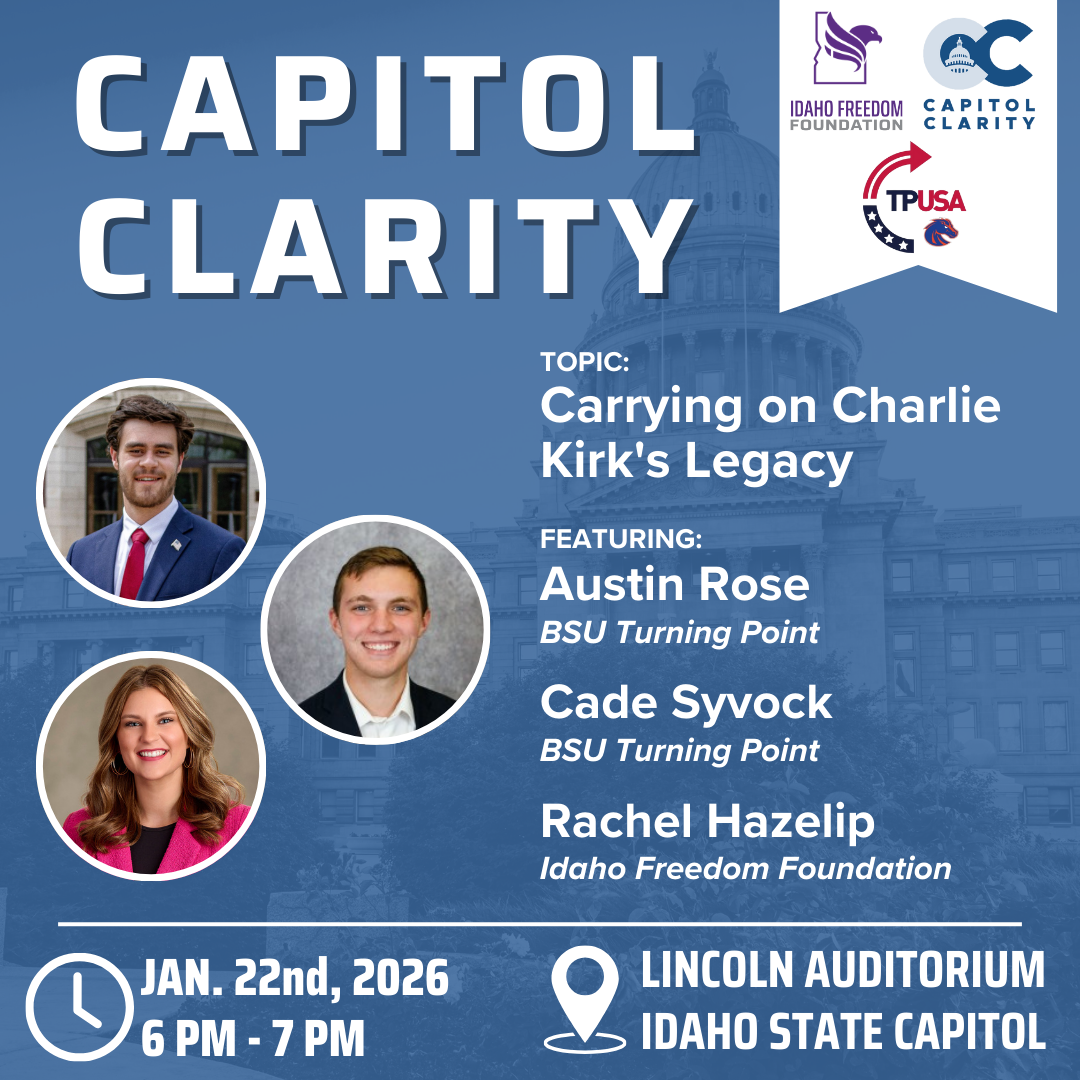
The Idaho Spending Index examines appropriation bills on several fronts to add some important context to lawmakers’ discussions as the spending bills are considered on the House and Senate floors. As we look at the budget, we consider the following issues:
Does the agency requesting these funds serve a proper role of government? Has wasteful or duplicative spending been identified within the agency, and if so, has that spending been eliminated or corrected? Have budget-writers reviewed existing outlays to look for opportunities to contain spending, e.g., through a base reduction? If there is a maintenance budget, is that maintenance budget appropriate? Are the line items appropriate in type and size, and are they absolutely necessary for serving the public? Does the budget contemplate adding new employees or programs? Does the appropriation increase dependency on the federal government?
Our analysis is intended to provide lawmakers and their constituents with a frame of reference for conservative budgeting, by summarizing whether appropriation measures contain items that are truly objectionable or legitimate and worthy of support.
Rating: -1
Analysis:
The Idaho Foodbank is a 501(c)3 nonprofit organization. According to its 2021 annual report, the Idaho Foodbank received $50.5 million of donated food. Organizations like the Idaho Foodbank exist as private charities to help their community. Taking money from the federal government, which is borrowing from future generations, is not the appropriate way to support a charitable organization in Idaho. Why should this charity receive this $1 million transfer payment and not many other worthy 501( c)3 organizations?
Moreover, when legislators choose to support a particular charity, they are making decisions about which charities deserve support and which do not, even though taxpayers may choose to support a different cause or organization. The "donation" by the government substitutes for the considered judgment of individual members of the public. It forces people to become members of a charity they may not choose to support on their own, for a variety of reasons: lack of interest in the mission, competing priorities, or even disagreement with an organization's management. In summary, there are a number of reasons such an appropriation is not appropriate.
Furthermore, the more dependent charitable organizations become on public money, the less distinguishable they will become from government programs.


